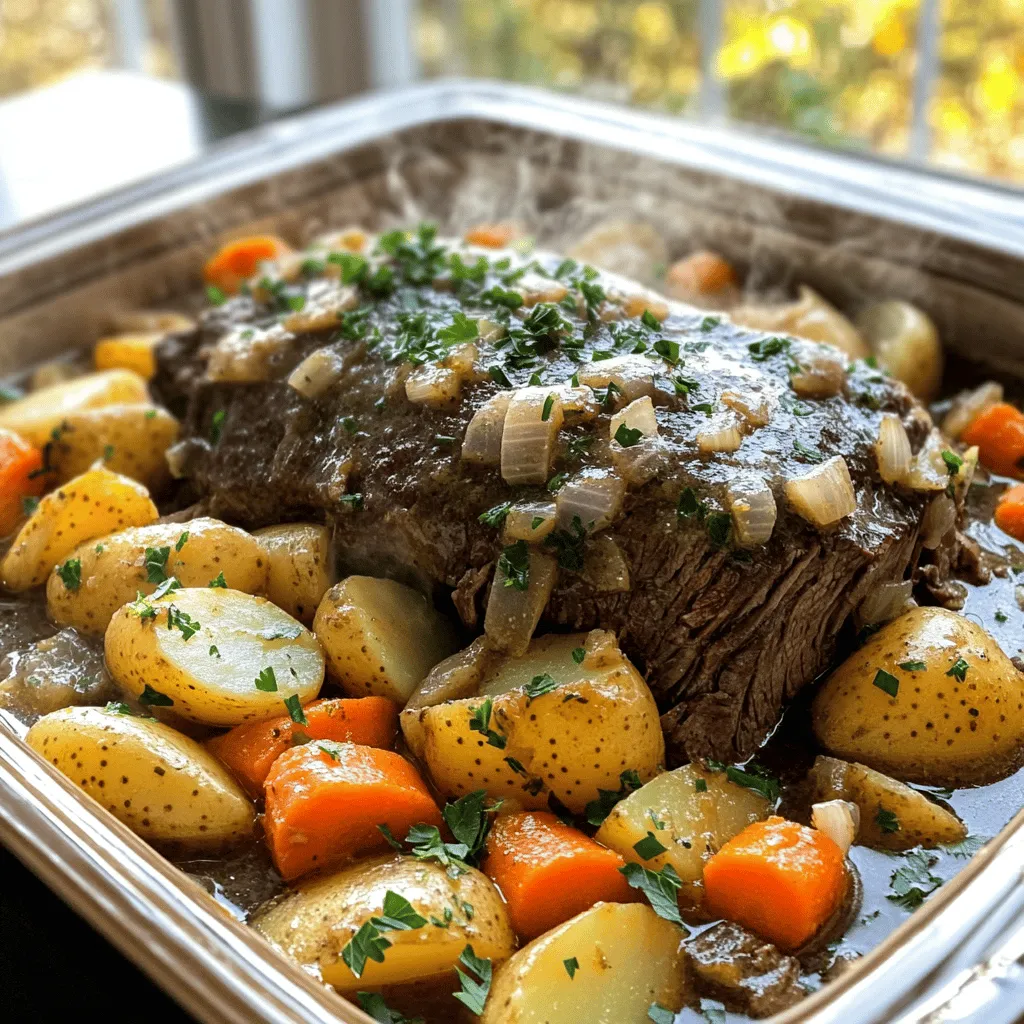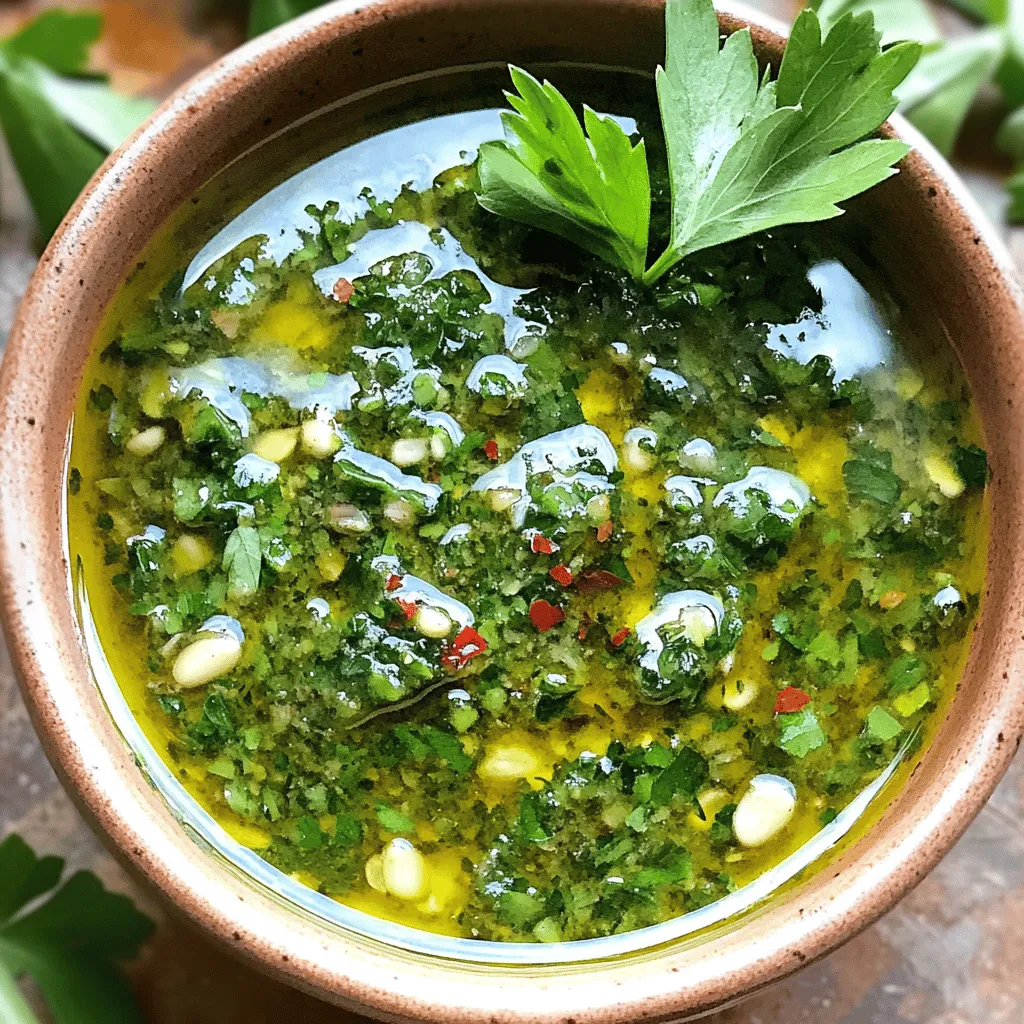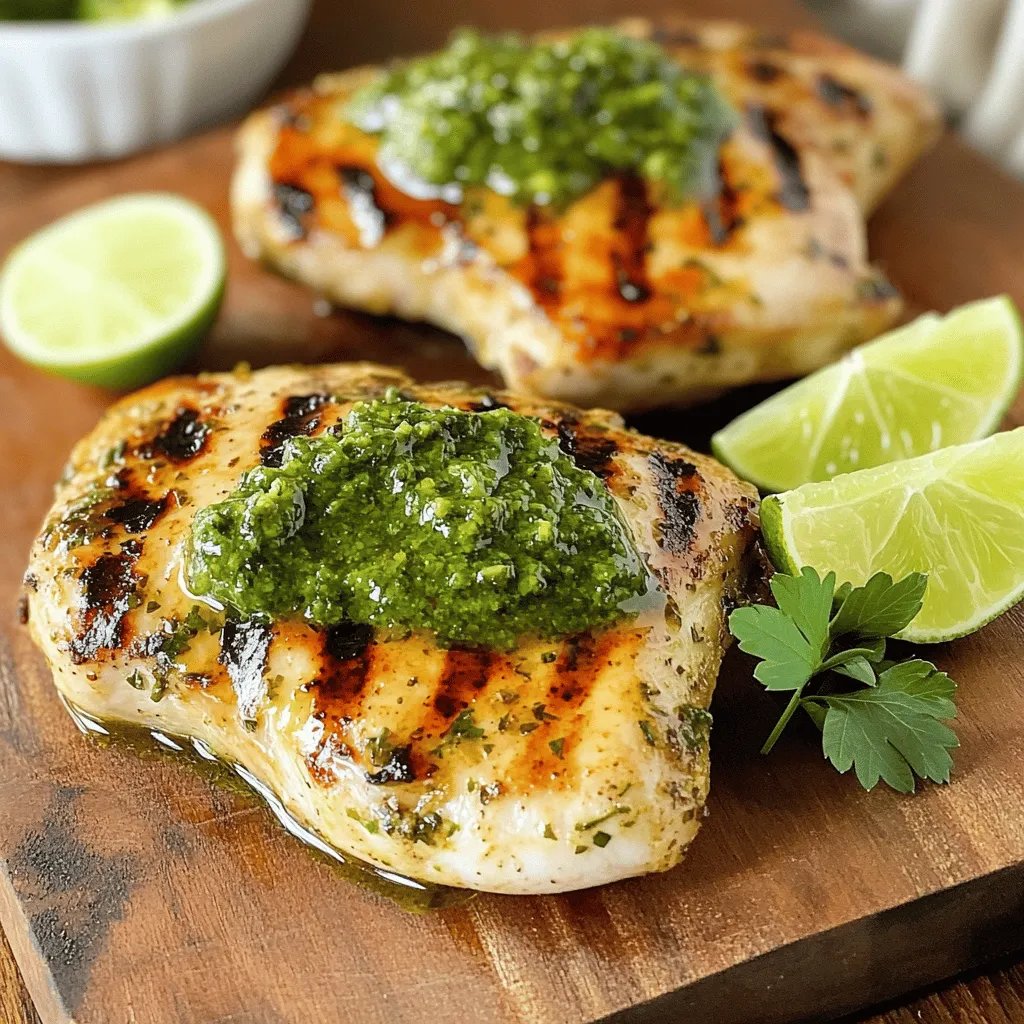Introduction
As the sun shines brighter and the days grow longer, there’s nothing quite like a delightful summer meal to bring family and friends together. One dish that perfectly encapsulates the essence of summer is our Grilled Fish Delight with Crispy Fries. This vibrant and flavorful dish combines the tantalizing taste of freshly grilled fish with the satisfying crunch of perfectly fried potatoes, making it an irresistible choice for outdoor gatherings, picnics, or a cozy family dinner.
What makes this dish truly special is the harmonious blend of flavors and textures. The succulent grilled fish pairs beautifully with the crispy fries, creating a satisfying contrast that keeps you coming back for more. Using fresh, high-quality ingredients is paramount in achieving the best flavors, and with a few simple techniques, you can elevate this dish to a culinary masterpiece.
In this article, we will take you on a culinary journey, exploring the essential ingredients that make up this dish, the art of marinating fish to enhance its flavor, and the process of preparing crispy fries that will have everyone asking for seconds.
Understanding the Ingredients
Choosing the Right Fish
The foundation of our Grilled Fish Delight lies in the choice of fish. When it comes to grilling, white fish varieties such as tilapia, cod, and halibut are excellent options. These fish not only boast mild flavors that appeal to a broad audience but also have a firm texture that holds up well on the grill.
1. Tilapia: Known for its flaky texture and mild taste, tilapia is a versatile fish that absorbs marinades beautifully, making it a great choice for this recipe.
2. Cod: With its rich, delicate flavor and meaty texture, cod is a favorite among seafood lovers. It grills well and pairs wonderfully with a variety of seasonings.
3. Halibut: As one of the most sought-after fish, halibut is celebrated for its firm, white flesh and slightly sweet taste. It’s perfect for grilling and provides a luxurious touch to the dish.
Each of these fish varieties offers unique nutritional benefits, including high protein content, omega-3 fatty acids, and essential vitamins. Incorporating them into your diet promotes heart health, aids in muscle recovery, and supports overall wellness.
The Role of Marinades
Marinades play a crucial role in elevating the flavor of grilled fish. A good marinade not only adds taste but also serves to tenderize the fish, resulting in a moist and flavorful final product. The essential components of a successful marinade include:
– Olive Oil: A staple in Mediterranean cuisine, olive oil adds richness and helps to retain moisture during cooking. It also acts as a carrier for flavors from other ingredients.
– Garlic: Known for its aromatic qualities, garlic brings a savory depth to the marinade. Its natural compounds also offer health benefits, including antioxidant properties.
– Lemon Juice: The acidity of lemon juice brightens the flavor of the fish and balances the richness of the olive oil. It also helps to tenderize the fish, enhancing its texture.
– Spices: A blend of spices can add warmth and complexity to the marinade. Popular choices include paprika, cumin, and black pepper, which complement the fish without overpowering its natural flavor.
Choosing the Right Potatoes for Fries
The choice of potatoes is equally important when preparing crispy fries. Russet potatoes are the gold standard for making fries due to their high starch content and low moisture levels. Here’s why russets are the ideal choice:
– Texture: The high starch content in russet potatoes results in a fluffy interior when cooked. This contrasts beautifully with the crispy exterior achieved during frying.
– Flavor: Russet potatoes have a mild, earthy flavor that pairs well with the seasoning, allowing the fries to complement the grilled fish perfectly.
– Nutritional Comparison: Compared to other potato varieties, russets are lower in sugar and calories while being a good source of potassium and dietary fiber. This makes them a healthier choice for your crispy fries.
Marinating the Fish
Creating the Perfect Marinade
Now that we understand the importance of our ingredients, let’s dive into the step-by-step process of creating a marinade that will infuse our fish with flavor.
1. Gather Your Ingredients: For a basic fish marinade, you will need:
– 1/4 cup olive oil
– 3 cloves garlic, minced
– Juice of one lemon
– 1 teaspoon paprika
– Salt and pepper to taste
2. Mixing the Marinade: In a bowl, combine the olive oil, minced garlic, lemon juice, paprika, salt, and pepper. Whisk until well blended. The olive oil will form an emulsion with the lemon juice, creating a cohesive mixture that coats the fish evenly.
3. Preparing the Fish: Place your chosen fish fillets in a shallow dish or a resealable plastic bag. Pour the marinade over the fish, ensuring that each fillet is thoroughly coated. This step is crucial as it allows the flavors to penetrate the fish.
The Science of Marinating
Marinating fish is not just about adding flavor; it’s also a scientific process that alters the fish’s texture. The acid in the lemon juice begins to break down the proteins in the fish, resulting in a tender and juicy texture. However, it’s essential to strike a balance—too long in the marinade can lead to mushiness.
Tips for Marinating:
– Timing: For white fish, a marinating time of 30 minutes to 1 hour is ideal. Any longer, and the fish may become overly soft.
– Storage: Always marinate fish in the refrigerator to prevent bacterial growth. If using a plastic bag, remove as much air as possible to ensure even coating.
Preparing the Crispy Fries
The Importance of Preparation
Achieving the perfect crispy fries requires attention to detail in the preparation process. Here’s how to set yourself up for fry success:
1. Cutting the Potatoes: Start by washing and peeling the russet potatoes. Cut them into even-sized strips to ensure uniform cooking. Aim for a thickness of about 1/4 inch for optimal crispiness.
2. Soaking the Potatoes: Once cut, soak the potato strips in cold water for at least 30 minutes. This step helps to remove excess starch, which can lead to soggy fries. Soaking also helps to achieve that coveted crispy exterior.
3. Drying the Potatoes: After soaking, drain the potatoes and pat them dry with a clean kitchen towel. Removing moisture is key to getting them crispy when fried.
The Role of Cornstarch
To take your crispy fries to the next level, consider dusting them with cornstarch before frying. Cornstarch acts as a barrier, absorbing moisture and creating a crunchy coating when the fries are cooked.
1. Coating the Fries: After drying, place the potato strips in a bowl and sprinkle with a couple of tablespoons of cornstarch. Toss until evenly coated.
2. Frying: Heat oil in a deep fryer or a large pot to 350°F (175°C). Carefully add the coated potato strips in small batches, ensuring not to overcrowd the pot. Fry until golden brown and crispy, typically around 5-7 minutes.
With these steps, you’ll be well on your way to creating a delicious summer meal that showcases the wonderful combination of grilled fish and crispy fries. As we move forward in the article, we will explore the grilling process for the fish and offer tips for serving this delightful dish. Stay tuned for the next part!

Detailed Steps for Cutting and Rinsing Potatoes
To create perfectly crispy fries that complement your grilled fish delight, begin with selecting the right potatoes. Russet potatoes are the ideal choice due to their high starch content, which results in a fluffier interior and a crispier exterior.
1. Peeling: Start by peeling the potatoes using a vegetable peeler. This step is optional; some prefer to leave the skins on for added texture and flavor.
2. Cutting: Cut the potatoes into uniform sizes to ensure even cooking. Aim for ¼-inch thick strips for classic fries. To achieve uniformity:
– First, slice the potato lengthwise into planks about ¼ inch thick.
– Stack a few planks together and cut them into strips of the same width.
– This method not only speeds up the process but also ensures all fries cook at the same rate.
3. Rinsing: Rinse the cut fries under cold water to remove excess starch. This step is crucial for achieving that crispy texture. Soak the fries in a bowl of cold water for at least 30 minutes. After soaking, drain the water and pat the fries dry thoroughly using a clean kitchen towel. Removing moisture is key to achieving crispiness during the baking process.
Techniques for Uniformity in Fry Size
Uniformity in fry size is vital for consistent cooking. Here are some techniques to keep in mind:
– Use a Mandoline: A mandoline slicer can help you achieve even thickness quickly. Adjust the blade for the desired fry width and slice away.
– Knife Skills: If you’re using a knife, take your time to cut each potato consistently. A little patience goes a long way in ensuring even frying.
– Batch Processing: Cut and soak potatoes in batches if necessary, ensuring that each batch is of similar size before proceeding to soak.
Explanation of the Baking Process
Once your fries are prepped, it’s time to bake them to perfection. Baking rather than frying is a healthier alternative that still yields delicious results.
1. Preheat the Oven: Preheat your oven to 425°F (220°C). A high temperature is essential for crisping the fries.
2. Coat the Fries: In a large mixing bowl, toss the dried fries with a tablespoon of olive oil, salt, and any desired seasonings (like paprika or garlic powder). Ensure that each fry is evenly coated.
3. Arrange on Baking Sheet: Spread the fries in a single layer on a baking sheet lined with parchment paper. Avoid overcrowding the fries to allow for proper air circulation.
Optimal Oven Temperature and Placement
– Temperature: The key to crispy fries is the right oven temperature. Maintaining a hot environment (425°F) ensures that the moisture evaporates quickly, leading to crispiness.
– Placement: Place the baking sheet on the middle rack of the oven. This position provides even heat distribution, preventing the fries from burning on the bottom while remaining undercooked on top.
Grilling Techniques for Perfect Fish
Grilling fish is a delightful way to enhance its natural flavors while adding a smoky aroma. Here’s how to master various grilling methods:
Overview of Grilling Methods (Gas, Charcoal, Grill Pan)
– Gas Grill: Offers convenience and control over temperature. Preheat the grill for at least 10-15 minutes before cooking.
– Charcoal Grill: Provides a classic smoky flavor. Allow the coals to ash over before placing the fish on the grill to ensure even cooking.
– Grill Pan: Ideal for indoor cooking. Preheat the pan on medium-high heat and lightly oil the surface to prevent sticking.
Tips for Maintaining the Right Temperature
1. Thermometer Use: Invest in a grill thermometer to monitor the grill’s temperature accurately.
2. Two-Zone Cooking: Create a two-zone setup by having one area of the grill hotter for searing and another cooler for finishing the cooking process.
How to Tell When the Grill is Ready
The grill is ready when it reaches a consistent temperature, which you can check by holding your hand about six inches above the grill grate:
– High Heat: 2-3 seconds before you feel discomfort.
– Medium Heat: 4-5 seconds of warmth.
– Low Heat: 6-8 seconds of warmth.
Cooking Times and Signs of Doneness for Fish
Cooking times vary depending on the type and thickness of the fish. As a general rule, grill fish for about 6-8 minutes per side. Here are some signs to watch for:
– Flaking: The fish should flake easily with a fork when it’s done.
– Opaque Color: The flesh should appear opaque rather than translucent.
– Internal Temperature: Use a meat thermometer; the ideal internal temperature for fish is 145°F (63°C).
Understanding When the Fish is Properly Cooked
To ensure your fish is perfectly cooked:
– Look for Translucency: If the fish’s center is still transparent, it needs more time on the grill.
– Check Texture: The fish should be firm to the touch and break apart easily.
Serving Suggestions
Presentation is key to enhancing your dining experience. Here are some ideas for serving your Grilled Fish Delight with Crispy Fries:
1. Plating: Arrange the grilled fish on a large platter or individual plates. Lay the crispy fries alongside for a delightful visual contrast.
2. Garnishing: Top the dish with fresh parsley and lemon wedges. The brightness of the lemon adds a refreshing touch.
3. Suggested Pairings: Serve with a light salad, such as a cucumber and tomato salad, or a tangy coleslaw for crunch. Complement the dish with sauces like tartar sauce, garlic aioli, or a homemade yogurt dip.
4. Beverage Pairings: A crisp white wine, such as Sauvignon Blanc or a light beer, pairs beautifully with the flavors of grilled fish and fries.
5. Enhancing the Meal Experience: Consider adding a side of grilled vegetables or a simple quinoa salad to elevate the meal further.
Nutritional Benefits of Grilled Fish and Fries
Grilled fish is not only delicious but also packed with health benefits:
1. Health Benefits of Grilled Fish: Fish is an excellent source of lean protein and is typically lower in calories than other meats. It’s also rich in essential nutrients like vitamin D and B vitamins.
2. Rich in Omega-3 Fatty Acids and Protein: Fish, especially fatty fish like salmon and mackerel, contains omega-3 fatty acids, which are beneficial for heart health. These healthy fats also promote brain function and reduce inflammation.
3. Comparing Homemade Fries to Store-Bought Alternatives: Homemade fries allow you to control the ingredients and cooking method. You can use less oil and avoid additives or preservatives often found in store-bought fries.
4. Healthier Cooking Methods and Ingredient Control: Baking your fries rather than frying them significantly reduces calorie content and unhealthy fats. You can also experiment with different seasonings to enhance flavor without adding extra calories.
Conclusion
Grilled Fish Delight with Crispy Fries is a winning combination that is not only delicious but also versatile. This dish can be customized with different marinades for the fish or seasonings for the fries, allowing you to explore a variety of flavors.
Cooking and sharing meals with loved ones is a joyous experience, and this recipe is perfect for gatherings, picnics, or a cozy dinner at home. We encourage you to try this recipe and its variations, making it your own while enjoying the process of cooking. Embrace the flavors, the aromas, and the joy that comes from creating a meal that brings people together around the table.




